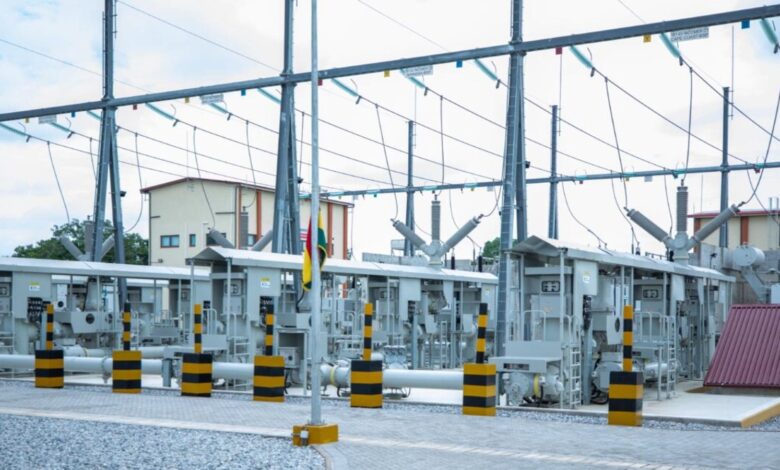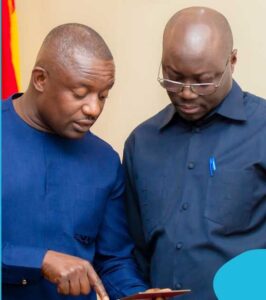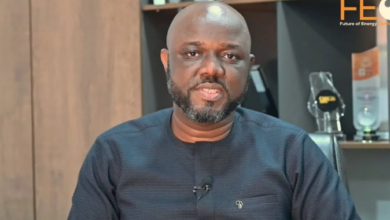Could Ghana’s New Energy Levy Be the Lifeline for Settling Debts owed U.S. Firms in Power Sector?

Outstanding debts owed U.S. companies in Ghana’s energy sector, particularly Independent Power Producers (IPPs) may have added urgency to the government’s latest attempt to stabilise the country’s struggling electricity value chain through the introduction of a controversial new GHS1 Energy Sector Levy.
Several American energy firms supplying power to Ghana are among the hardest hit by the government’s arrears, which have reached crisis levels across the sector. The debts have not only strained U.S.-Ghana trade relations, but also triggered warnings from U.S. lawmakers who have threatened to block further IMF disbursements if the obligations remain unpaid.

Faced with the dual challenge of restoring investor confidence and averting a full-blown power crisis, the government last week introduced the Energy Sector Levy as an emergency funding measure.
While the move has sparked public outcry with many consumers accusing the six-month-old administration of acting in bad faith amid an already difficult economic climate IPPs and other private sector players say the levy is both necessary and long overdue.
“We cannot overstate the urgency,” said Dr. Elikplim Kwabla Apetorgbor, CEO of the Independent Power Generators, Ghana (IPGG), which includes several American-owned firms.
“This levy, if properly managed, offers a pathway to restoring liquidity in the power sector. Without it, we risk severe disruptions to electricity supply and further damage to Ghana’s international standing.”

According to IPGG, years of misapplied sector levies and poorly structured bond proceeds have left power producers unable to recover costs, pay suppliers, or conduct essential maintenance — a situation now jeopardising grid stability.
With U.S. firms in the sector owed millions of dollars, the issue has also become a point of friction in wider U.S.-Ghana relations. Two U.S. Senators recently warned that future IMF support for Ghana could be in jeopardy unless these debts are urgently addressed.
Government officials argue that the Energy Sector Levy is a critical part of the solution.
If this levy is ring-fenced, monitored, and transparently applied, it could help settle debts and rebuild trust with both domestic and foreign power producers including key U.S. partners.
However, consumer groups and opposition leaders remain sceptical. They argue that past levies failed to deliver promised results, and fear the new one will simply burden ordinary Ghanaians without fixing the sector’s underlying governance issues.
As Ghana seeks to clear the arrears , including those owed to U.S. energy firms , and restore stability to its power sector, much will depend on whether the new levy delivers on its promise of transparency and impact. The stakes, both domestically and diplomatically, could hardly be higher.




